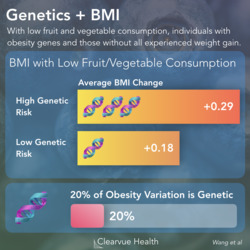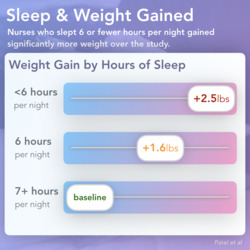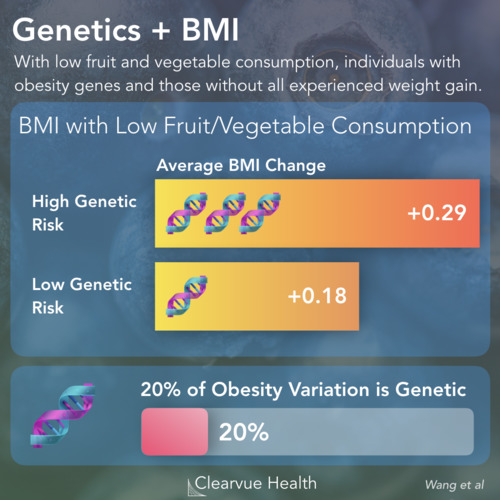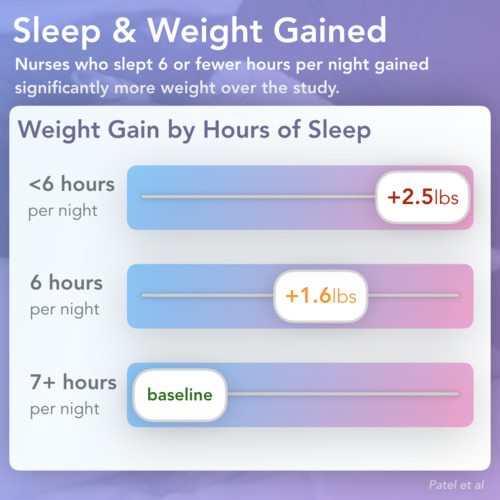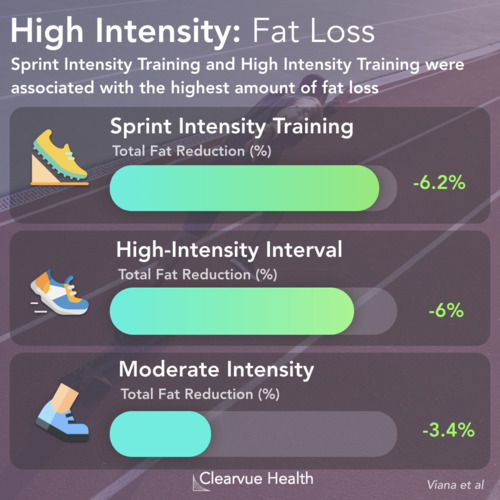Why Your Kidneys are Essential

While your kidneys may not get the same attention as your heart or your brain, kidneys are one of the most vital organs. Without functioning kidneys, you would pass away within weeks.
The primary function of your kidneys is to clean your blood. Your cells produce waste as they metabolize. This waste then gets dumped into your bloodstream.
When you have healthy kidneys, your kidneys continuously filter this waste throughout the day. You then dispose of this waste as urine keeping your blood clean and your body healthy.
When your kidneys are diseased, waste can quickly build up in your bloodstream causing all types of negative effects. This condition of course is fatal without intervention.
The Relationship Between Body Weight (BMI) and Chronic Kidney Disease

Researchers studied the records of over 5 million patients to determine the relationship between weight and kidney health.
Source: Adiposity and risk of decline in glomerular filtration rate: meta-analysis of individual participant data in a global consortium
They found that your BMI has a near linear relationship with your odds of getting Chronic Kidney Disease, an irreversible condition that can eventually cause you to lose your kidneys.
It also found a similar relationship between waist circumference and Chronic Kidney Disease.
Overweight patients were shown to have an elevated risk of significant kidney damage. Obese patients had approximately double the risk of getting significant kidney damage compared to normal weight patients.
This confirms that Chronic Kidney Disease is a condition driven by fat, similar to diabetes, high blood pressure, and fatty liver disease.
This also means that it may be possible to significantly reduce your chances of getting Chronic Kidney Disease by losing weight.
Effects of Chronic Kidney Disease

When you get Chronic Kidney Disease, which is the condition directly linked to BMI in the new study, your kidneys slowly begin accumulating damage. This is a process that can take years or decades, but it is irreversible by definition. There is no medication or treatment that can fix it.
Once your kidneys reach a certain level of damage, a condition termed End Stage Renal Disease, you will need to take some drastic steps in order to stay alive and keep your blood free of toxins. There are no good options at this stage.
Source: The Kidney Project
The best treatment is a kidney transplant. But the waiting list for a transplant is long and many patients go years without getting a kidney.
Most patients at the stage end up on dialysis. This is a treatment that involves going to a clinic for hours at a time several times a week in order to use a machine to filter your blood.
This process is stressful for you and for your body. It is estimated that only 35% of patients will still be alive in five years after they go on dialysis.



